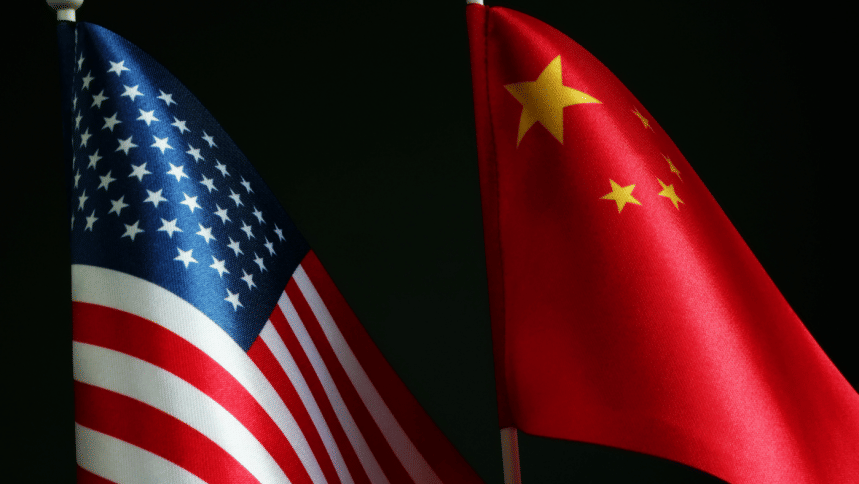U.S. might ban Chinese software and hardware in connected vehicles: Report

The U.S. Commerce Department is expected to propose a new regulation on Monday that would ban Chinese software and hardware in connected and autonomous vehicles operating on American roads due to national security concerns, according to a recent report by Reuters.
The Biden administration has expressed growing alarm over the potential risks posed by Chinese companies collecting sensitive data from U.S. drivers and infrastructure. There are also concerns about the possibility of foreign actors manipulating vehicles equipped with internet-connected systems and advanced navigation technology.
The proposed rule would prohibit the import and sale of vehicles from China that contain critical communications or automated driving system components as per the report.
This potential ban follows a series of U.S. restrictions targeting Chinese imports. Last week, the Biden administration enforced steep tariffs on Chinese imports, including a 100% duty on electric vehicles, alongside new tariffs on batteries and key minerals essential for EV production.
The proposed regulation is expected to be open for public comment for 30 days before it can be finalised. If approved, the software ban would be enforced starting in the 2027 model year, while the hardware ban could come into effect by January 2029, or the 2030 model year. The restrictions would apply to a wide range of vehicle technologies, including those that use Bluetooth, satellite, and wireless connectivity, as well as fully autonomous vehicles capable of operating without a human driver.
The proposal has raised concerns within the auto industry, with major manufacturers like General Motors, Toyota Motor, Volkswagen, and Hyundai warning that such a change would require significant time and resources to implement.
The White House has already approved the final version of the proposal, according to a government website. The regulation is part of a broader effort to safeguard the supply chain for connected vehicles in the U.S., but will not apply to agricultural or mining vehicles, according to the report.

 For all latest news, follow The Daily Star's Google News channel.
For all latest news, follow The Daily Star's Google News channel. 








Comments